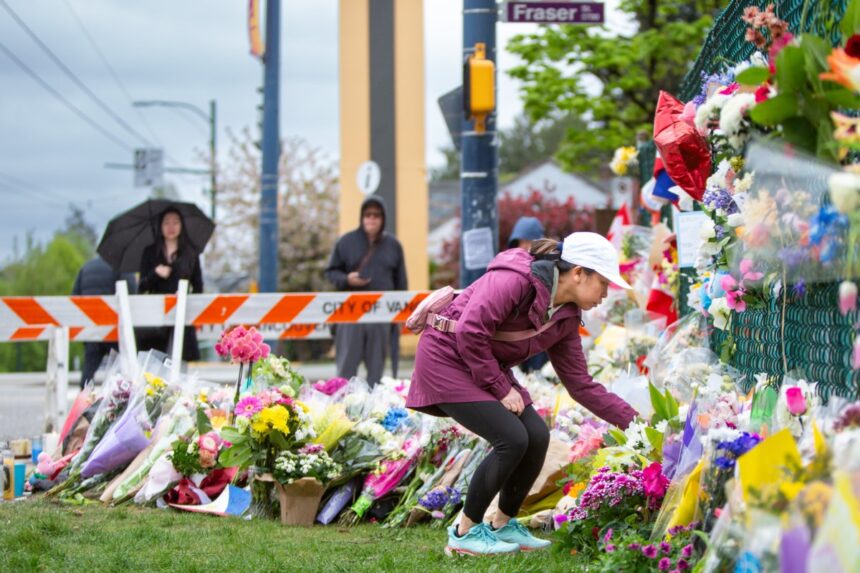I first noticed the case file gathering dust amid a stack of pending litigation in a Vancouver courthouse. What began as a routine scan for civil liberties cases has since revealed one of the most significant constitutional challenges to mental health law in Canadian history.
The Council of Canadians with Disabilities and two individual plaintiffs are currently challenging British Columbia’s Mental Health Act in the BC Supreme Court, arguing the province’s involuntary detention and treatment provisions violate multiple Charter rights. This case could fundamentally reshape how our healthcare system balances patient autonomy with perceived medical necessity.
“The core issue is whether the state can detain and forcibly treat someone who hasn’t committed a crime but is experiencing mental health distress,” explains Laura Johnston, legal director at Health Justice, one of the organizations representing the plaintiffs. “We’re asking whether our current approach respects basic human dignity and autonomy.”
After reviewing court documents and speaking with legal experts, I’ve found the challenge centers on several troubling aspects of BC’s mental health regime. The law allows physicians to detain individuals they deem to have a mental disorder that requires protection or hospitalization. Once detained, patients can be forcibly medicated without consent and held indefinitely through renewal certificates.
The BC Civil Liberties Association, which has intervener status in the case, provided me with statistics showing involuntary detentions have increased by over 70% in the past decade. Last year alone, more than 20,000 British Columbians were detained under the Act.
“Most Canadians would be shocked to learn that in 2024, we still have a system where people can be detained indefinitely and medicated against their will without meaningful legal safeguards,” says Jay Aubrey, staff lawyer at BCCLA. “This isn’t just about legal technicalities – it’s about fundamental human rights.”
I spoke with Dr. Marina Morrow, a professor at York University who studies mental health policy. She noted that BC’s approach stands in stark contrast to the UN Convention on the Rights of Persons with Disabilities, which Canada has ratified. The Convention emphasizes supported decision-making rather than substituted judgment.
“Many jurisdictions are moving toward models that respect patient autonomy while providing robust community supports,” Morrow told me. “Research increasingly shows that coercive approaches can actually traumatize people and deter them from seeking help when they need it.”
Court filings reveal particularly troubling testimony from former detainees who described being forcibly injected with medications that caused severe side effects, including permanent movement disorders. One plaintiff described the experience as “having your personhood erased.”
The province defends the law as necessary to protect vulnerable individuals who lack insight into their conditions. Government lawyers argue that without involuntary treatment provisions, some patients would face deterioration, harm to themselves, or potential homelessness.
However, after examining evidence submitted by disability rights organizations, I found that several other Canadian provinces have enacted more rights-respecting mental health legislation. Ontario, for example, separates detention from treatment decisions, allowing a person to be held for safety reasons while still maintaining the right to refuse certain treatments.
“We’re not suggesting abandoning people in crisis,” Johnston emphasized. “We’re advocating for a system that provides support without stripping rights. Evidence shows that trusting relationships and voluntary engagement lead to better outcomes than coercion.”
The case also raises profound questions about whose voices matter in mental health policy. Court transcripts reveal expert testimony from psychiatric survivors who described how forced treatment eroded their trust in the healthcare system.
“Once you’ve been held down and injected against your will, that trauma stays with you,” one witness testified. “It becomes harder, not easier, to seek help when you’re struggling.”
Documents obtained through Freedom of Information requests show the province has long been aware of human rights concerns with the Mental Health Act. A 2016 internal Ministry of Health memo acknowledged that “aspects of BC’s mental health legislation may be vulnerable to Charter challenge” but noted that amendments would require “significant policy development and stakeholder consultation.”
The plaintiffs are seeking declarations that sections of the Act violate Charter rights to liberty, security of person, and equality. They’re also asking the court to suspend its declaration of invalidity to give the legislature time to craft rights-compliant legislation.
As I watched proceedings unfold last week, I was struck by the contrast between legal arguments about Charter rights and the lived experiences described by those who’ve been through the system. This tension highlights a broader societal question: How do we balance legitimate concerns about both safety and autonomy?
“This case isn’t just about legal doctrine,” says Michael Bach from the Institute for Research and Development on Inclusion and Society. “It’s about whether we truly believe that people with mental health disabilities deserve the same rights and respect as everyone else.”
The trial is expected to continue for several more weeks, with a decision likely months away. But regardless of outcome, this challenge has already succeeded in bringing public attention to a system that operates largely in the shadows, affecting thousands of vulnerable British Columbians each year.
For a society that prides itself on human rights leadership, the case offers a mirror – reflecting whether our commitment to dignity and autonomy extends to everyone, even those experiencing their darkest moments.






